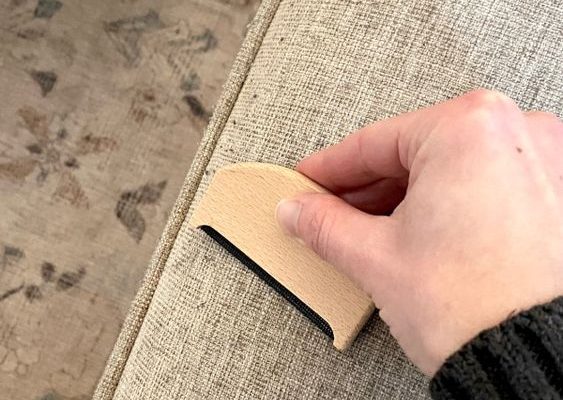5 Ways to Conduct a Self Analysis

Self-analysis is a vital step in personal growth and self-improvement. By reflecting on our thoughts, emotions, and behaviors, we can gain valuable insights that guide us towards better decision-making and personal happiness. In this article, we’ll cover five effective methods for conducting a self-analysis.
1. Journaling – Consistent reflective writing
One of the simplest ways to conduct a self-analysis is through journaling. Writing about your daily experiences, thoughts, and emotions can help you identify patterns in your behavior and uncover areas for improvement. Make it a habit of journaling regularly to get the most benefit from this method – ideally every day or every week.
2. Meditation – Mindful introspection
Meditation is another effective technique for self-analysis. By practicing mindfulness and focusing on our breath, we can bring ourselves into the present moment and clear away distracting mental clutter. In this state of clarity and calmness, it’s easier to reflect on our inner selves more deeply. Dedicate at least 10 minutes each day to meditation and make it a habit to maintain its effectiveness.
3. Feedback from others – Honest external input
While introspection is important, sometimes an outside perspective can help reveal blind spots or flaws in our awareness. Seek feedback from friends, colleagues, or even licensed professionals who can provide honest insight into aspects of yourself that may be challenging to recognize on your own.
4. Strengths and weaknesses assessment – Objective self-evaluation
Another way to analyze yourself is by identifying your strengths and weaknesses objectively. There are many online assessment tools that can aid in this process, such as personality tests (e.g., Myers-Briggs Type Indicator) or emotional intelligence assessments (e.g., Emotional Quotient Inventory). By understanding your areas of strength and weakness, you can devise personal goals for improvement.
5. Review your goals and progress – Regular goal monitoring
Developing a clear understanding of your long-term goals and frequently evaluating your progress towards those goals is an essential component of self-analysis. Make a habit of periodically reviewing your progress and adjusting your strategies, depending on the success or setbacks you’ve experienced.
When conducting a self-analysis, remember there’s no “one-size-fits-all” approach. Combine the methods that work best for you and be open to trying new techniques as you grow and evolve. By engaging in consistent self-analysis, you’ll uncover strengths and areas for improvement, bringing you closer to achieving personal success and happiness.






